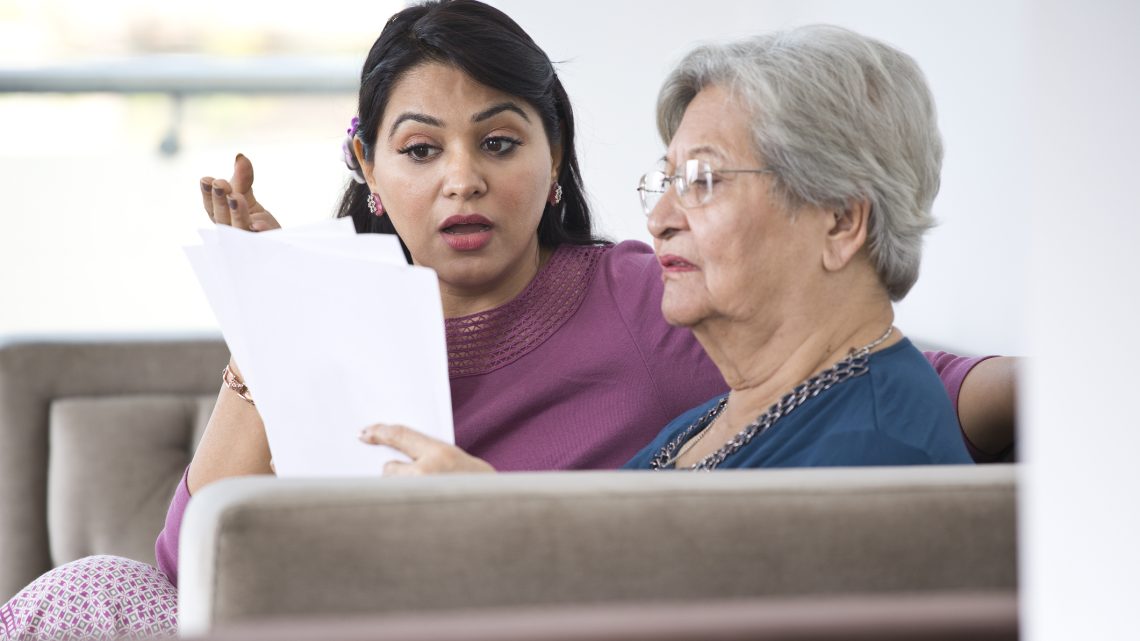As a caregiver, you are going to need help. Resistance is futile, to borrow a Star Trek phrase. By the time you realize you need help, you may be in over your head. You have made it this far in life without much help—why start now depending on someone else?
You won’t seek help until you want help. And most caregivers don’t start until they are confronted with the ongoing challenges. The first step to getting help is to repeat to yourself I need help. Skip the negative thoughts about no one I know is going to help me, or I can’t afford the help, or I should be able to do this on my own, or there is no help in my town or county.
Most caregivers are surprised and grateful when they find out just how much help is available. There is a lot more caregiving help in most cases. Just how do you get started?
Three ways to start
- Find a social worker. 2. Call a hospice agency to come out and assess your loved one. 3. check with City Hall in your community.
Social workers can be found in schools, VA hospitals, community hospitals and large clinics. My favorite social workers are hospice social workers. They are special people who have great skills aimed at making life better for caregivers and their loved ones at End of Life. They are also free of charge to their clients. I’ve know dozens of hospice social workers and they have some special characteristics. They love to help, to improve your life, and they know the resources available in your community. They have personal connections with the people in those agencies. They know a lot and can be a great support to you.
Your loved one may never use hospice care, but every hospice social worker I’ve known would not let that stop them from being hugely helpful in getting you pointed in the right direction. They are wonderful people and can make a big difference in a short time.
If your loved one is nearing the end of their lives, consider calling a local hospice agency. They will send a nurse out to assess the health status of your loved one to see if they are appropriate for hospice care. This is funded by Medicare so you have paid taxes already for this wonderful service. Even if you don’t use hospice, it will open up many resourceful doors to you.
The third place to learn about caregiving help is city hall, specifically the health department. The people there will know everything available to improve your life as a caregiver; it’s their job.
Some others who may help include school leaders, church leaders, clergy, friends who are caregivers or recently lost a loved one, nurses and doctors, city council members, police and sheriff departments–the list goes on. Many towns and cities have an Aging Agency. The folks there are very resourceful.
There are two other places to turn for help: your family, and your church, mosque or synagogue. Many churches have caregiving groups that offer support and make visits to you and your loved one. They might even have some respite help, where someone can come sit with your loved one for an hour or two while you keep an appointment, or get some shopping done.
Family help is important and challenging at the same time. Not everyone in your family may be able to step up and be primary caregivers like you. But most families can provide some support. I’ve sat with many families and a social workers as we put plans together to involve the larger family in the caregiving process. These are often challenging meetings because we are helping family members to reconcile their expectations of each other with the reality of what they face each day. Great care and very timely care can come from various corners of the community but the care that comes from various family members is so valuable and loving that it should not be overlooked or underestimated.
Look for help and I’m confident it will be there. God’s love is more than words; when He says He will never leave us or forsake us, He wants us to know we are surrounded by care.
www.usa.gov/disability-caregiver
www.caregiver.org/resource/taking-care-you-self-care-family-caregivers/










